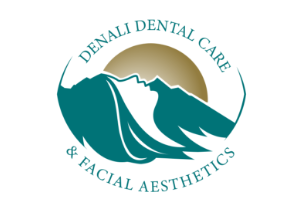Sedation Dentistry Can Make Your Treatment More Comfortable
If you are feeling uneasy about an upcoming dental procedure, we can provide sedation options to help you ease into treatment. Some people put off visiting their dentist altogether because of how checkups make them feel. We want you to receive the treatment you deserve in a safe, anxiety-free atmosphere, and sedation techniques can help us achieve this goal. At Denali Dental Care, we ask that you share any concerns you have about undergoing treatment so we can help you work through your feelings of anxiety.
Oral Sedation
By taking an oral sedative, you can enjoy a deep form of relaxation before your dental treatment begins. This common approach to managing dental anxiety allows you to stay awake during your procedure, although you may experience drowsiness.
Due to oral sedation’s strength, we ask that you arrange transportation to and from your procedure instead of driving yourself. By discussing your feelings about your upcoming treatment, we can help you decide if this is the best form of sedation to overcome your anxiety or fears.
IV Sedation
IV sedation provides an additional tool to put you at ease during your dental procedure. While IV sedation does not put you “under,” you will become less aware of your surroundings and be in a dream-like state. You will be able to breathe on your own while the effects of this anesthetic and respond to vocal orders, but feel free from pain or discomfort. IV access also allows us to deliver any additional medications you require during your treatment.
Because this is the highest level of sedation we offer, it is required to have transportation arrangements to and from your session. Reviewing your oral health history will help us determine if this form of sedation is right for you.
FEEL
YOUR BEST,
LOOK
YOUR BEST
IF YOU ARE LOOKING FOR RELIABLE DENTAL CARE OR FACIAL REJUVENATION IN ANCHORAGE, GIVE US A CALL!

